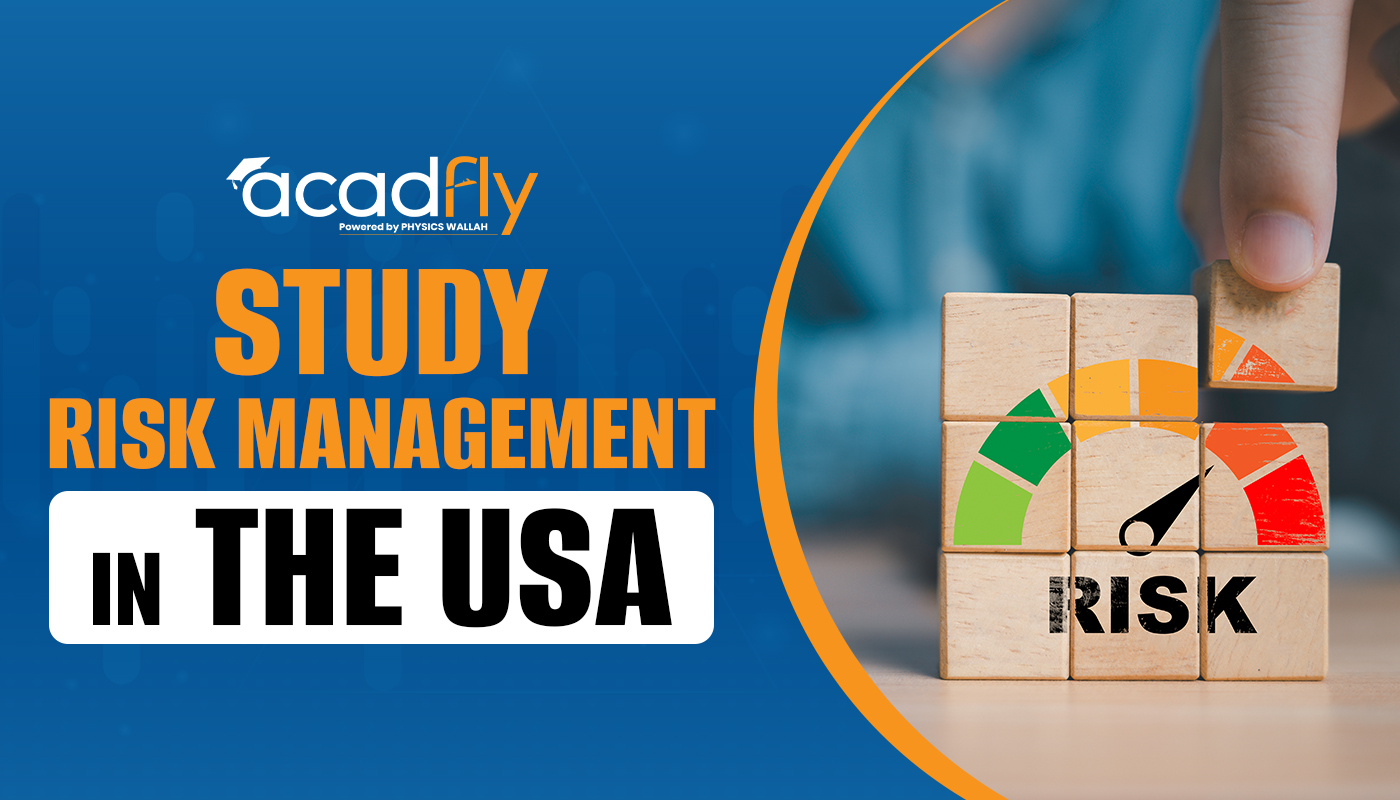
The Graduate Management Admission Test (GMAT) is a standardized exam used globally for admission to graduate business programs, including MBA programs. With evolving test formats and increasing competition, prospective test-takers often ask, "How hard is the GMAT in 2025?" This article provides a comprehensive analysis of the GMAT in 2025, exploring the test's structure, difficulty level, preparation strategies, and tips for success. Keywords such as GMAT, GMAT in 2025, and GMAT exam in 2025 will be integrated throughout.
Overview of the GMAT
Purpose and Importance
The GMAT assesses analytical, writing, quantitative, verbal, and reading skills in written English for use in admission to a graduate management program. It is an important tool for business schools to evaluate the preparedness of applicants for advanced study in business and management.
Structure of the GMAT Exam in 2025
The GMAT exam in 2025 comprises four main sections:
|
Section |
Duration |
Number of Questions |
Score Range |
|
Analytical Writing Assessment |
30 minutes |
1 essay |
0-6 |
|
Integrated Reasoning |
30 minutes |
12 questions |
1-8 |
|
Quantitative |
62 minutes |
31 questions |
6-51 |
|
Verbal |
65 minutes |
36 questions |
6-51 |
|
Total Exam Time |
187 minutes |
- |
200-800 (total) |
Changes in the GMAT Exam in 2025
The GMAT in 2025 has incorporated some changes to stay relevant and meet the needs of modern business education:
-
Adaptive Testing: The Quantitative and Verbal sections continue to use computer-adaptive testing (CAT), where the difficulty of questions adapts based on the test-taker's performance.
-
Enhanced Focus on Data Interpretation: The Integrated Reasoning section has increased its focus on data interpretation skills, reflecting the growing importance of data-driven decision-making in business.
Difficulty Level of the GMAT in 2025
Analytical Writing Assessment (AWA)
The Analytical Writing Assessment section requires test-takers to analyze an argument and write a coherent essay. The difficulty lies in:
-
Critical Thinking: Analyzing and critiquing arguments effectively.
-
Writing Skills: Constructing well-organized, clear, and concise essays within a limited time.
Integrated Reasoning
The Integrated Reasoning section tests the ability to evaluate information from multiple sources. Its challenges include:
-
Complex Data: Interpreting and synthesizing complex data from graphics, tables, and passages.
-
Time Management: Answering 12 questions in 30 minutes requires quick thinking and efficient problem-solving.
Quantitative Section
The Quantitative section covers topics in arithmetic, algebra, and geometry. The primary challenges are:
-
Advanced Math Skills: Mastery of high school-level math topics, with an emphasis on problem-solving and data sufficiency.
-
Adaptive Difficulty: As you answer questions correctly, the test presents more difficult questions, making it progressively challenging.
Verbal Section
The Verbal section evaluates reading comprehension, critical reasoning, and sentence correction. Difficulties include:
-
Complex Passages: Understanding and analyzing complex texts quickly.
-
Critical Reasoning: Evaluating arguments and identifying logical flaws.
-
Grammar and Syntax: Mastery of English grammar rules for sentence correction.
Overall Difficulty
The GMAT in 2025 remains a challenging exam, requiring thorough preparation and strong analytical skills. Its adaptive nature ensures that each test-taker faces questions tailored to their ability level, maintaining the test's difficulty across a wide range of proficiency.
Preparation Strategies for the GMAT in 2025
Understand the Format and Content
Familiarize yourself with the structure and types of questions on the GMAT exam in 2025. Use official resources and practice tests to get a clear understanding of what to expect.
Develop a Study Plan
Create a study schedule that allows for consistent practice over several months. Focus on your weaknesses while also reinforcing your strengths.
Practice with Official Materials
Use official GMAT practice tests and materials provided by the Graduate Management Admission Council (GMAC). These resources provide the most accurate representation of the actual test.
Enhance Analytical and Critical Thinking Skills
-
Analytical Writing: Practice writing essays and seek feedback to improve clarity and coherence.
-
Quantitative Skills: Review fundamental math concepts and practice problem-solving techniques.
-
Verbal Skills: Read diverse materials, practice critical reasoning, and review grammar rules.
Time Management
Develop strategies to manage your time effectively during the exam. Practice under timed conditions to simulate the test day experience.
Take Practice Tests
Regularly take full-length practice tests to assess your progress and adjust your study plan accordingly. Analyze your performance to identify areas needing improvement.
Tips for Success on the GMAT in 2025
Stay Calm and Focused
Maintain a calm and focused mindset during the test. Practice mindfulness techniques to manage stress and anxiety.
Read Questions Carefully
Read each question thoroughly before attempting to answer. Misinterpreting a question can lead to avoidable mistakes.
Use Process of Elimination
Use the process of elimination to narrow down answer choices, especially in the Verbal and Quantitative sections.
Guess Strategically
If unsure about an answer, make an educated guess. Leaving questions unanswered can significantly impact your score.
Review Your Answers
If time permits, review your answers, particularly in the Verbal and Quantitative sections, to ensure accuracy.
Comparison of GMAT with Other Standardized Tests
|
Test |
Purpose |
Sections |
Score Range |
Duration |
|
GMAT |
Business school admission |
AWA, Integrated Reasoning, Quantitative, Verbal |
200-800 |
187 minutes |
|
GRE |
Graduate school admission |
Verbal Reasoning, Quantitative Reasoning, Analytical Writing |
130-170 (each section) |
210 minutes |
|
LSAT |
Law school admission |
Reading Comprehension, Analytical Reasoning, Logical Reasoning |
120-180 |
175 minutes |
|
MCAT |
Medical school admission |
Biological and Biochemical Foundations, Chemical and Physical Foundations, Psychological, Social, and Biological Foundations, Critical Analysis and Reasoning Skills |
472-528 |
230 minutes |
Conclusion
The GMAT in 2025 continues to be a challenging yet essential test for admission to graduate business programs. Its comprehensive assessment of analytical, quantitative, verbal, and writing skills ensures that it remains a reliable indicator of a candidate's readiness for advanced study in business. Understanding the test's structure, preparing strategically, and practicing consistently are key to overcoming its challenges.
For those preparing for the GMAT exam in 2025, AcadFly offers extensive resources, personalized coaching, and practice materials to help you achieve your best score. Explore AcadFly's offerings to find tailored support and guidance for your GMAT preparation journey.
FAQs
1. How long is the GMAT exam in 2025?
The GMAT exam in 2025 is 187 minutes long, comprising four sections: Analytical Writing Assessment, Integrated Reasoning, Quantitative, and Verbal.
2. What is the scoring range for the GMAT in 2025?
The total score range for the GMAT in 2025 is 200 to 800. The individual sections have their own score ranges: Analytical Writing Assessment (0-6), Integrated Reasoning (1-8), Quantitative (6-51), and Verbal (6-51).
3. How does the GMAT in 2025 test adaptive difficulty?
The Quantitative and Verbal sections of the GMAT in 2025 use computer-adaptive testing, where the difficulty of questions adapts based on the test-taker's performance on previous questions.
4. What are some key changes in the GMAT exam in 2025?
Key changes in the GMAT exam in 2025 include an enhanced focus on data interpretation skills in the Integrated Reasoning section and continued use of computer-adaptive testing for Quantitative and Verbal sections.
5. How can I prepare effectively for the GMAT in 2025?
To prepare effectively for the GMAT in 2025, familiarize yourself with the test format, develop a consistent study plan, use official practice materials, enhance your analytical and critical thinking skills, and practice time management.
Frequently Asked Questions










